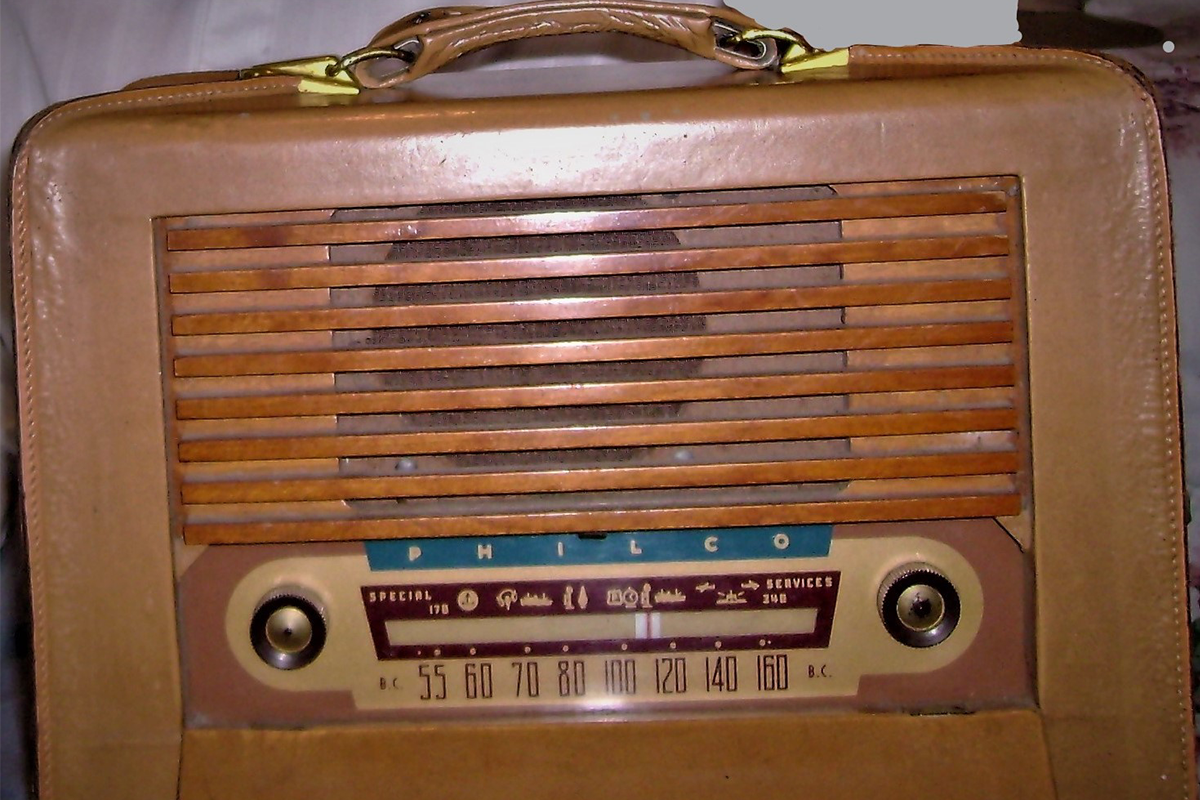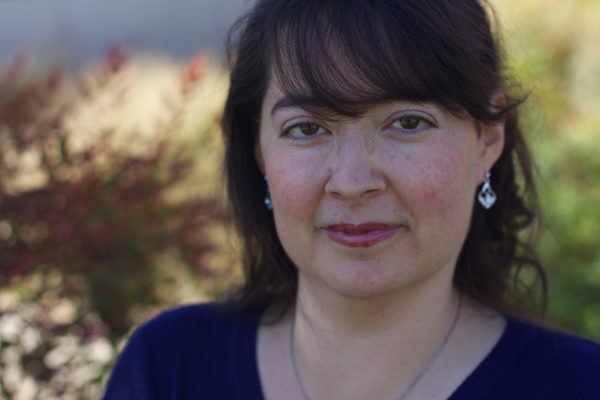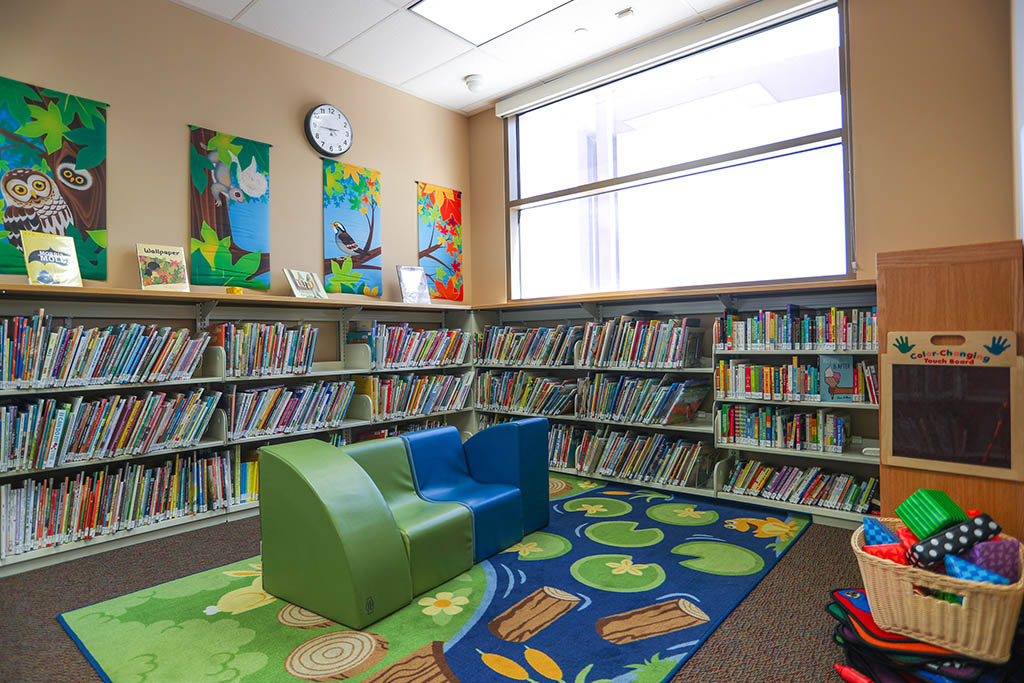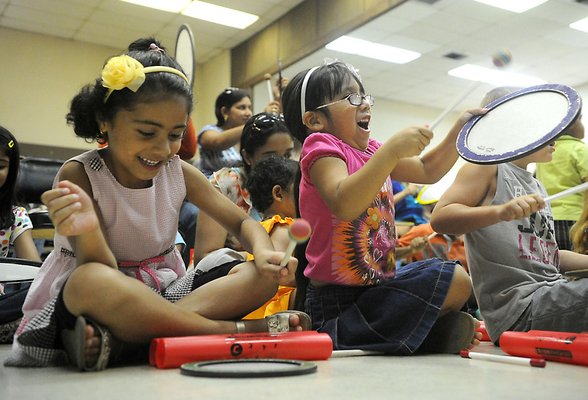Sounds of Home

The roll call of names flowed from the merchant’s lips as Antonia and the girls rushed to the village store where women and children gathered for news from El Norte. Inside, the village’s unofficial postman drew envelopes from a pouch. He’d carried these miles from the nearest town, where mail arrived almost daily, postmarked with the names of far-away places: Arkansas, Texas, and California. Always so many from California. He waved white envelopes in the air, calling out names.
When Antonia heard hers, she nudged through the crowd, past the outstretched arms, and reached for the letter.
She hadn’t heard her husband’s voice in more than a year, since he’d left to labor in San Buenaventura, California, a place of good fortune, as its name in Spanish denoted. She and the children longed to hear his footsteps approach the bend in the dirt road near their adobe home and his voice sing, “¡Ya regresé, familia!”—“I’ve returned, family!” The words carried a melody as nostalgic as a Pedro Infante ranchera they’d heard streaming from the rare battery-powered radio inside a villager’s home.
*
“¡Números!” the foreman announced at dawn, rattling off numbers near the orange groves of Ventura. Don Luis listened, ready to answer as if it were his name. More than a year into his bracero work stint, he longed for the sounds of home: crickets singing in a village lit by a full moon’s glow and family calling out “¡Papá!” upon his return.
“Forty-four!”
Don Luis slung the canvas sack around his shoulder. The foreman directed him to the orchard, where a crew of braceros gathered.
They propped 14- and 18-foot ladders against the trees. Don Luis dashed up the trees. He grabbed the fruit with one hand and clipped with the other. He climbed, clipped and dropped the fruit into the sack. On the way down, he poured in the oranges into a crate. He’d scrambled up and down like this for days in hopes of a hefty check.
At sundown the ladders came down and foremen counted the boxes. Workers climbed into trucks and headed back to camp.
In the evening, the men retired to their barracks and rows of cots lining a large hall. The scents of lemon, orange and sweat hung in the air. Don Luis lay on his cot. The men spoke in hushed tones.
The lights went out; the voices trailed off. In a corner, a ranchera sung by Las Hermanas Padilla, a duet, streamed from the speakers of a radio perched on a wooden crate, the song of a dove, a palomita mensajera, sending a message of love across the distance. Don Luis closed his eyes, a pile of letters by his cot. He’d answered each one, tucked a money order inside. “I’ll be home soon,” he’d written in the last one.
Days later, the foreman issued paychecks. Don Luis took his. One hundred dollars and over 500 boxes appeared next to his pick number. But nearly $25 had been deducted for board and meals: oatmeal and fruit, white bread bologna sandwiches, taquitos, spaghetti, beans and the occasional meat. He pocketed the check and ventured into town one last time.
On the main drag, he and his fellow braceros entered a store to cash their checks and make purchases. Some rushed to the men’s department for Stetson hats, watches and boots. Others scoured the women’s section for nylon stockings, cosmetics and jewelry.
He watched as the men flocked to aisles nearby. He followed them, passing phonographs, typewriters, treadle sewing machines. He stopped and stared at a boxy device on display.
He marveled at the brown leather handle, wooden paneling and shiny dials.
“¿Cuánto?” he asked the clerk for the price.
“Cincuenta.”
He fished for the check in his pocket to cash it and pay the $50.
He remembered his first shopping trip in Utah as a war-time bracero working on the railroad tracks. In town, nylons, sugar and new radios were scarce because of the war. English voices blared from shopkeepers’ radios, delivering news of the war along with the latest Andrews Sisters songs. But back in camp, he and his fellow braceros reveled in the sounds of home they heard in the double Rs that rolled from their tongues and the Mexican songs they’d discovered on a radio.
“I’ll take it,” Don Luis said to the clerk, after confirming that it was battery-powered. He carried it back to camp.
That night, he packed cloth, girls’ dresses, pants and shirts into cardboard boxes. He nestled the radio between the garments and closed the flaps, tying them down with twine. But the radio swayed and tumbled, so he unpacked it. He wrapped thick towels over it, placing it inside his suitcase instead.
The next day, workers filed into a single line outside camp, their numbers checked off a list by a labor contractor. They loaded cardboard boxes and green metal suitcases atop buses and boarded for the trip south.
Don Luis slumped into a seat beside a buddy, who told him his plans to set up a sewing shop for his family and fill it with customers from the village, the mother who needed to mend her children’s pants, the girls eager to see the new patterns and colors of cloth from El Norte, to be fitted around their waists.
“And what are you taking?” he asked.
Don Luis described the light-brown exterior, wooden cabinet and shiny dials of his prized possession.
“¡Qué chulada!” his buddy exclaimed. It was a beauty, Don Luis agreed.
The bus rumbled past strawberry, orange and lemon fields. As it neared the U.S-Mexico border, the braceros guarded their goods with a watchful eye. They got off, as boxes, knapsacks and suitcases were unloaded from the bus.
Don Luis and the men knew the routine. Stories abounded of the watch or hat that enticed a border guard. Some carried extra cash just in case, though the goods they carried were free of tariffs. Yet they clung to the cash in their pockets to pay for the additional bus or taxi fare home, the last leg of their journey.
Up ahead, a border guard inspected a bracero’s suitcase. Don Luis held his breath. Then he watched as a guard unknotted the twine on his cardboard box to sift through the pile of clothes.
“Muévanse” the guards said, prodding the men to move along.
Don Luis secured his cardboard box once again and took his belongings, the radio stored safely in his suitcase. He boarded the bus bound for Zacatecas.
It travelled for nearly a day, crossing one Mexican state after another. Braceros got off at each stop, including Don Luis’ buddy, who waved goodbye, hauling his sewing machine.
The bus finally slowed at a familiar spot. Don Luis gathered his boxes and suitcase and hailed the only taxi in town.
It weaved in and out of narrow paths and onto dirt roads leading to a remote village, its silence broken only by the “cri-cri-cri” of crickets singing in the countryside.
The driver braked. Don Luis unloaded the boxes and handed coins to the driver. He gripped the suitcase, leaving the boxes behind, to cross a drier than normal river bed. His shoes crunched on the dirt path. Around the bend, voices erupted near a pair of orange and lemon trees in the dirt courtyard.
“¡Papá!”
“Ya regresé, familia!”
His family huddled around him, the small glass bulb of a petroleum lamp lighting their faces.
The children trekked to the river to retrieve the boxes.
When he’d settled in, he opened the gifts. Swatches of cloth, clothes and a brown rectangular object spilled out.
His daughter traced with her finger the letters engraved on the radio: P-H-I-L-C-O. That night, the voices of Pedro Infante and Lola Beltrán flowed from the speakers, singing of love and loss.
At sunrise, Antonia and the girls patted tortillas as the radio blared songs and radio novelas. The radio followed them outdoors for “Tardes Rancheras,” a medley of afternoon tunes that reached the ears of neighboring villagers. They listened and lingered, wondering when their husbands, fathers or sons would return.
Don Luis plowed the fields with his yoke and oxen. The oldest children assisted with planting corn and beans despite the drought-plagued land. At the foot of a mesquite tree, he and Antonia collected top soil and walked back home. They poured the soft soil beside the orange and lemon trees and planted flowers. Rare raindrops trickled down a few days later.
But the call for brazos, arms, to work in El Norte continued to pour into the villages. It came in handbills posted in municipal offices, in newspapers, in chats among returning migrants. And in the announcements heard on new battery-powered radios.
After several months at home, Don Luis gathered a satchel with a change of clothes and walked out onto the dirt path, his name secured on his village’s bracero list.
“Adiós, Papá,” his children said, wrapping their arms around him.
Antonia gripped his arms, then let go.
The taxi rumbled on as he waved and waved, long after his family faded from sight.
He’d board a bus and train en route to the bracero recruitment center in northern Mexico, 800 miles away. He didn’t know where his work stint would take him or the pick number he’d be assigned, but he’d memorize it too, as sure as his name.
*
In a remote Mexican village, a child tugged at the hem of a mother’s dress, asking for a father’s whereabouts.
“He’s in the North. He won’t be long,” she’d reply, as the radio played songs of longing and a tune about a palomita mensajera, a dove carrying a message of love.
Far away, Don Luis lay on a cot at night as the voice of singer José Alfredo Jiménez wafted through speakers from inside a California bracero camp, accompanied by memories of raindrops on blooming chrysanthemums and women’s hands patting tortillas at dawn, singing alongside a radio.

October 22, 2017










